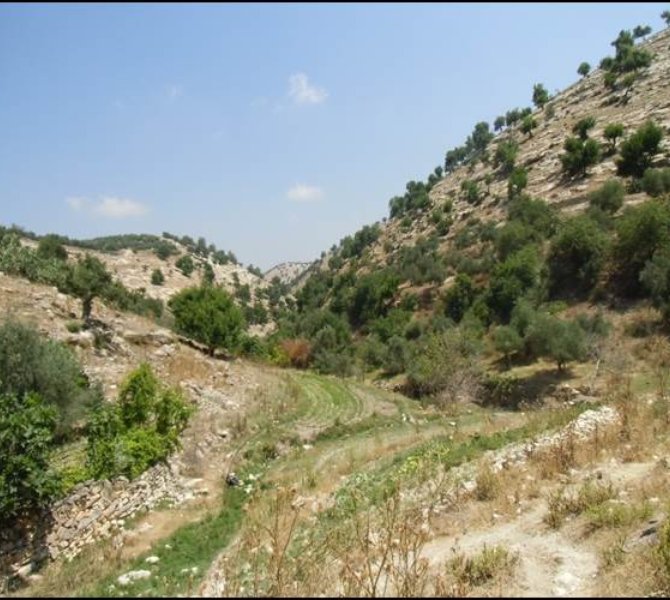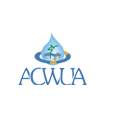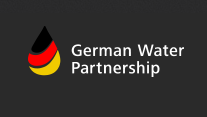Cases
Improved Water Resources Security in Low Income Communities in Jordan (WRAP)
Summary
Three decades of top-management lead to the deterioration of the resource and current state of affair.
The participatory approach in water management intends to reduce the over exploitation of underground water.
Situation
Project Background
Jordan is the fourth poorest country in water resources. This chronic water shortage requires not only wise management of water resources by water utilities, but also rational use of this precious resource by the users. Groundwater is the main water resource in Jordan and is currently exploited by more than 60%. This situation led to a deterioration of water quality and quantity of the groundwater. The project had two components: first, enhancing drinking water supply in low income areas, and second, enhancing water management of Yarmouk Basin -the latter is the focus of this case. In 2011 the abstracted water from Yarmouk basin exceeded its safe limit. The overuse of this groundwater resource causes several negative impacts on water quality and quantity. For many farmers groundwater is the main resource. Therefore, this critical situation calls for intervention. The project worked on mitigating the problem of over abstracting-groundwater resources and mismanaging surface water resources through the establishment of a participative decision-making structure in the form of a River Basin Committee (RBC) with representatives from all stakeholders to reduce over explotation of Yarmouk ground water Private sector involvement in the water sector was a priority issue and different models of public-private-partnerships (PPPs) are in use. Problems of law enforcement are still prominent.
Stakeholders
The government is unable to enforce existing regulation and the farmers accuse the government of not taking care of their water issues, such as delivering water in shorter intervals. Furthermore, three big-scale farmers, who own private wells, were reluctant to collaborate in the project but most of the farmers in the community were willing to participate and they function as ambassadors regarding the message of collaboration. Important authorities responsible for management of water are the Ministry of Water & Irrigation (MWI), Water Authority of Jordan (WAJ) and Jordan Valley Authority (JVA).
Approach
Phase 1: Exploring & Engaging
Baseline studies, such as water and socio-economic assessment and stakeholder analysis were performed to understand the context and identify relevant stakeholders. Further, formal meetings were held with officials to introduce dialogue activities in order to acquire high-level support. Informal field visits were made to the project area and meetings with local communities’ leaders and water users to start networking and trust-building. The farmers helped to mapping out the general contextual issues, analyzing the actors involved, and identifying stakeholders with a particular interest. At the end of this explorative phase, stakeholder dialogue activities were launched in a kick-off workshop with high governmental support, which was ensured by the formal visit mentioned above. All formal, informal and kick-off meetings were important to create awareness for dwindling groundwater situation and to create resonance for cooperation between the stakeholders for achieving an enhanced water management in the Yarmouk-basin. Regular consultation with farmers, who are the main actors shed light upon potential conflicts and helped to identify the major challenges within the basin, such as the distrustful-relationship between government authorities and farmers. At this time, it was far more important to create trust between the local farmers and the officials and engender a sense of ownership in those closely involved in the project – for both the process and the driving force behind it.
Phase 2: Building and Formalizing
The joint initiative is to create an action plan with the purpose of creating a sustainable water resource management in the Yarmouk basin and reduce groundwater abstraction. In phase 2 the process-design of stakeholder dialogue is designed to set-up the main phases and steps of water dialogue at different levels and to define the tools to be used for dialogue activities. The groundwater and surface water committees form together the core river basin committee (CRBC) and ensure an upstream flow of information and recommendations to the highland water forum. One concrete result of phase 2, which is about clarifying common goals, is that the sub-basin groups agreed on meeting every three weeks and the CRBC meets as a rule of thumb every 6 to 8 weeks. One unique feature of WRAP is that the top-down and bottom-up approach are synthetized. The process of creating the action plan is guaranteed by a two-way system: an up-stream flow of information and recommendations is carried by the bottom-up approach and a downstream flow of feedback on decisions is implemented by a top-down-approach.
Phase 3: Implementing and Evaluation
One of the goals is to establish a participative decision-making structure in the form of a River Basin Committee (RBC) with representatives from all stakeholders to reduce over-exploitation of Yarmouk groundwater. The established RBC will be integrated within the Highland Water Forum. In working groups, which consist of representatives from different interest groups water problems are analyzed together and a common vision is developed to improve water management. Furthermore, areas of interventions are defined to sustain water management in order to start developing strategic plan for water management. Participants define rules of participation and develop a verification system as well as a capacity-development program, which is ensured by the two-way flow system. This is decisive for making sure that interested farmers and other stakeholders are respected, integrated and involved in the long term. Three intersectoral groups are created to discuss issues such as legal issues, awareness raising and training, and economic incentives. The dialogue proves to be essential because even if the actors do not agree with each other they learn that it is not end of the world. In spite of four to five different perspectives within a group there exists a common ground. The meetings are documented, circulated to every member and presented in the next meeting.
Phase 4: Developing further, replicating or institutionalizing
This project in the Yarmouk Basin is already a replication of the preceding project in the Al Azraq Basin. The Jordanian case shows that in spite of existing laws and regulation, farmers have resisted their implementation. The challenge of gaining sustainable water allocation is not technical but lies within the social structure of the country. In phase 4, the objective is to assess the level of success and satisfaction by discussing the participatory approach in water management with the stakeholders. Recommendations on implemented approach will be defined accordingly. Additionally; this step will define most appropriate settings to institutionalize stakeholder’s dialogue process in the future with the help of the highland water forum.
Transformation
Change initiative
The Yarmouk basin is facing several challenges, such as increased water demand for domestic, industrial and agricultural uses in the basin area in a way that exceeds water availabilty; as well as over abstraction from groundwater; and climate change impacts on water resources. The ultimage goal of the stakeholders' dialogue is to sustain the management of water resources in Yarmouk basin and reduce groundwater abstraction.
Results
The engagement of all stakeholders in a dialogue process (farmers, CBOs, governors, local communities, decision makers) to reduce over exploitation of Yarmouk ground water through the Highland Water Forum (HWF) would make the process sustainable. The forum is intended to be a permanent platform for discussion and information and not for decision-making or fund-allocating. It represents an open “market place” to bring in ideas and projects.










0 Comments